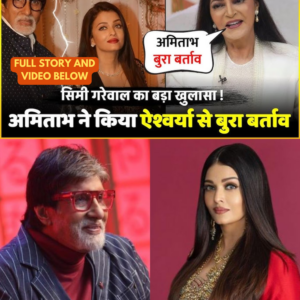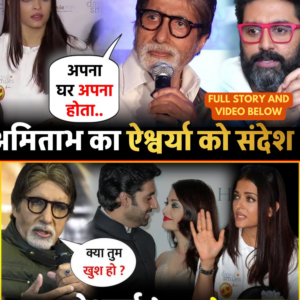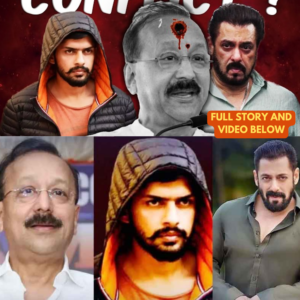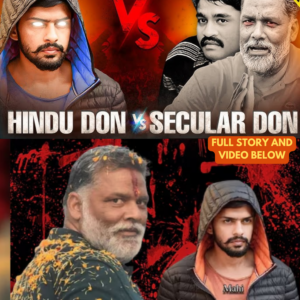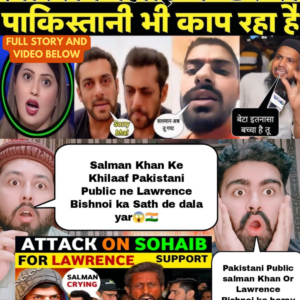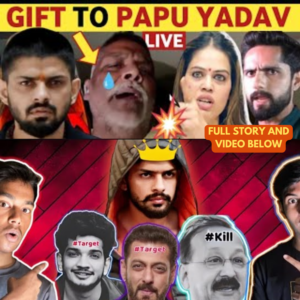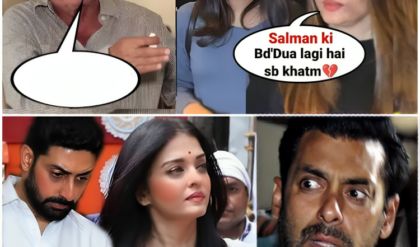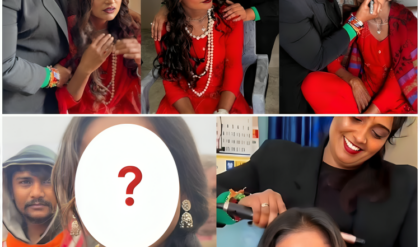Bishnoi Gang Vs Munawar Faruqui: Is comedian Munawar Faruqui’s life also in danger from Lawrence’s shooters?
In recent months, the Lawrence Bishnoi gang has gained notoriety, particularly for its threats against figures in the entertainment industry. One prominent target has been comedian Munawar Faruqui, known for his close ties to Bollywood star Salman Khan. This situation raises significant concerns about safety, artistic expression, and the cultural implications for the industry as a whole.
The Lawrence Bishnoi gang is associated with various criminal activities, including extortion and violence. Their recent actions have highlighted a growing concern over gang influence in urban centers, particularly in Mumbai, which is a hub for the Indian film industry. As this influence expands, it poses a direct threat to the freedom of artists and entertainers.
Munawar Faruqui’s situation is indicative of a disturbing trend where artists are threatened due to their relationships or commentary on sensitive topics. Faruqui’s comedy often challenges societal norms and touches on controversial issues, making him a target for groups that oppose his views. The fear of violence can lead to self-censorship among comedians, stifling important conversations that need to take place.
The rise of social media has played a significant role in amplifying these threats, with the gang openly declaring their intentions through public posts. This visibility has raised alarms among police and security agencies, resulting in increased protection for those in the entertainment sector. The implications are far-reaching, as this dynamic can create an environment of fear that stifles creativity.
Stand-up comedy serves as a vital platform for social commentary, and threats against comedians can hinder essential discussions. The intimidation faced by artists like Faruqui highlights the precarious balance between freedom of expression and personal safety in the creative field. When comedians feel they cannot speak freely, it diminishes the diversity of voices and ideas in comedy.
In response to these threats, law enforcement agencies have heightened security measures for individuals associated with high-profile figures like Salman Khan. This situation underscores the urgent need to protect artistic expression and ensure that those in the entertainment industry can perform without fear of retribution.
Public reaction to these threats has been mixed, with many voicing support for Faruqui and condemning the actions of the Bishnoi gang. This widespread concern has sparked discussions about the importance of safeguarding artists and fostering an environment where they can express themselves freely. The entertainment community must come together to confront these challenges.
If threats from gangs continue, it could lead to a culture of self-censorship among comedians and other artists. This would result in a less vibrant cultural landscape, where individuals are afraid to address controversial topics or express their opinions. Such a shift would be detrimental to the growth of art and discourse in society.
The ongoing situation with the Lawrence Bishnoi gang represents a significant challenge for the entertainment industry. As artists like Munawar Faruqui navigate threats to their safety, it becomes increasingly critical to support creative expression and combat violence. The industry must unite to ensure that comedy—and by extension, cultural discourse—can flourish without fear, promoting a diverse range of voices and ideas for audiences to engage with.
.
.
.
FULL VIDEO
News
Amitabh Bachchan behaved badly with his daughter-in-law Aishwarya Rai | Amitabh IGNORE Aishwarya Rai
In recent weeks, a wave of speculation has emerged suggesting that all may not be well between former Miss World Aishwarya Rai and the iconic Bachchan family. This speculation has captured the attention of fans and the media, as rumors…
Amitabh gave a message to daughter-in-law Aishwarya Rai, said “No matter how your house is, it is yours”
Amitabh Bachchan, the iconic figure of Indian cinema, has a longstanding tradition of engaging with his audience through social media. He often shares reflections on his life, career, and personal philosophies. Recently, a particular post of his has stirred significant…
Salman Khan vs Lawrence Bishnoi | Why it is Happening? |
Salman Khan vs Lawrence Bishnoi | Why it is Happening? | The tension between Bollywood superstar Salman Khan and gangster Lawrence Bishnoi has become a hot topic in recent news. This clash is not just a simple feud; it embodies…
Lawrence Bishnoi Vs Pappu Yadav | Bishnoi Targets Anti-India Mafia?
In the ever-evolving landscape of India’s criminal underworld, a new chapter is unfolding, marked by the dramatic confrontation between notorious gangster Lawrence Bishnoi and the infamous Bihar don, Pappu Yadav. This rivalry has escalated recently, with Bishnoi’s gang issuing a…
LAWRENCE BISHNOI VS SALMAN KHAN, PAKISTANI PUBLIC REACTION AFTER NADEEM KHAN VIRAL VIDEO, REAL TV
The recent controversy involving Bollywood superstar Salman Khan and Lawrence Bishnoi has sparked intense discussions across communities, especially concerning allegations of animal cruelty. The speaker, representing a particular community, emphasizes that if there is evidence that Khan has harmed a…
LAWRENCE BISHNOI’S DIWALI GIFT TO PAPU YADAV LIVE, AFTER NADEEM KHAN & SALMAN KHAN, LATEST NEWS
In a recent live discussion, significant attention was drawn to the ongoing tensions surrounding Pappu Yadav and Lawrence Bishnoi, especially in light of recent developments involving prominent figures like Nadeem Khan and Salman Khan. The speaker began by addressing the…
End of content
No more pages to load
